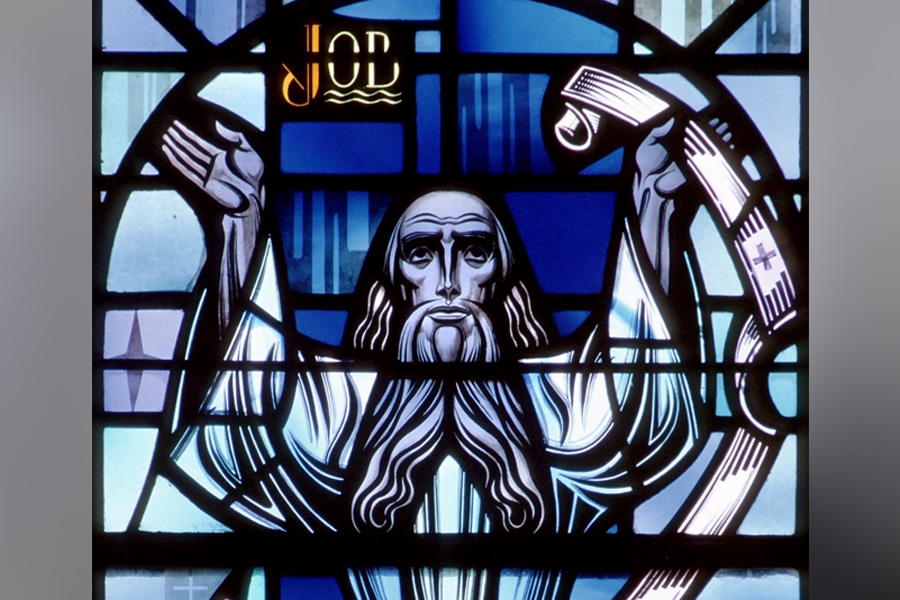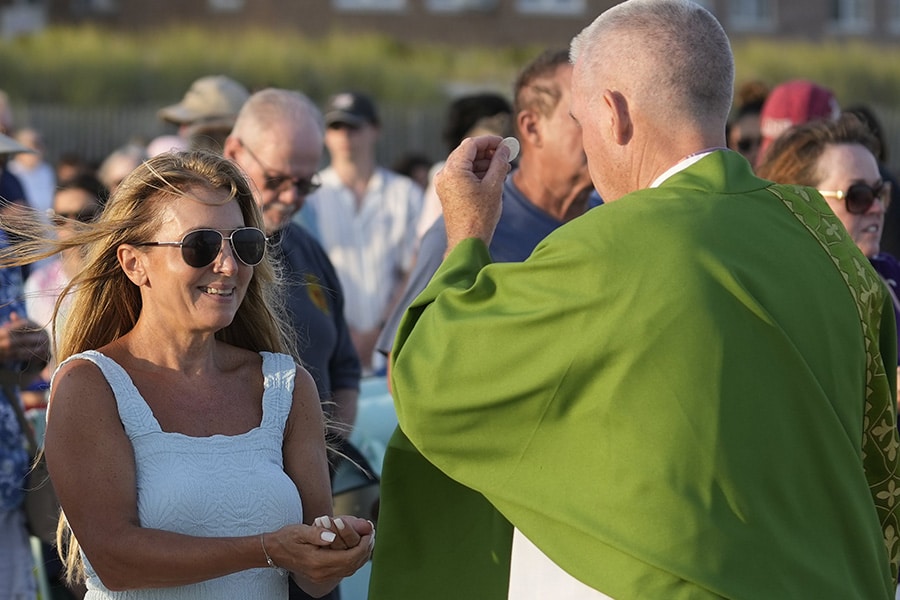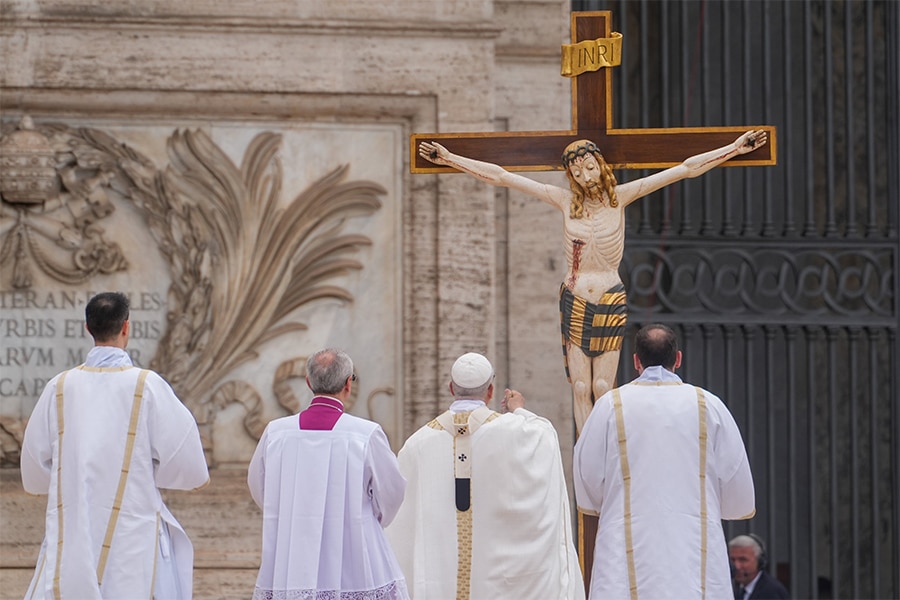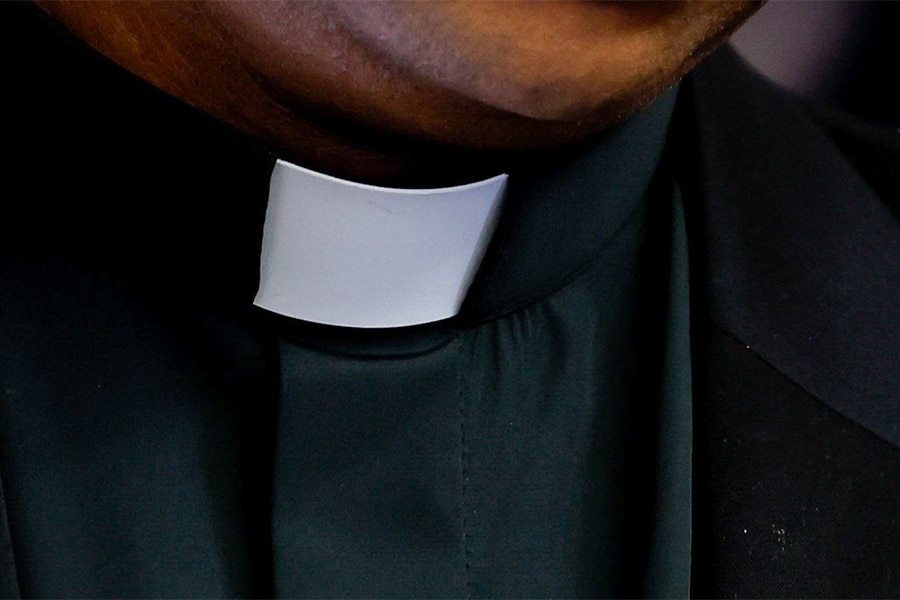Q: I know the church investigates divorces and grants a “Decree of Nullity” if there is sufficient evidence of some foundational issue with the marriage, such as deception, unwillingness to have children or emotional problems. But what about cases where there was an affair/adultery and where the cheating spouse admits it? Would this involve annulment too, or would/could the church grant a divorce? (Indiana)
A: The quick way that I usually like to explain this is that while infidelity in and of itself is not a cause of marital nullity, it can be a “symptom” of one of these causes.
As you correctly note, a declaration or decree of nullity — sometimes popularly but inaccurately called an “annulment” — can be issued by a Catholic marriage tribunal in situations where an apparent marriage was found to never have been valid and binding in the first place. While in the big picture truly null marriages (that is, as opposed to valid marriages that failed) are relatively rare, there are many reasons why a union may have been invalid. These reasons are technically called “grounds.”
Grounds can range from the more dramatic, like kidnapping (see Canon 1089 of the Code of Canon Law) or marrying under threats of violence (Canon 1103); to the more common and mundane, like certain kinds of psychological issues (see Canon 1095).
Typically, when adultery is a relevant factor, the ground that is usually proposed is, in canonical terms, called: “partial simulation contra bonum fidei [against the good of fidelity].” This corresponds to Canon 1101, 2, which states: “If, however, either or both of the parties should by a positive act of will exclude marriage itself or any essential element of marriage or any essential property, such party contracts invalidly.”
Marital fidelity is of course an “essential element of marriage,” and so “excluding it by a positive act of the will” would render a marriage null. In practical terms, this means that a person would have to have entered into the apparent union with a well-formed and distinct intention to cheat on their spouse or to at least have it in their mind at the time of the wedding that acts of infidelity were something they would be unequivocally open to.
Proving partial simulation before a marriage tribunal can be tricky, since it’s naturally difficult to demonstrate someone’s interior state of mind in a fully objective way. The actual fact of having committed adultery is an important piece of the puzzle, but in order to prove simulation there must also be evidence that the alleged simulator had a motive both for reserving to themselves the possibility of infidelity and for entering into what they on at least some level understood to be a “sham” marriage in the first place.
This is very different from a scenario where a person married with the presumptive usual intentions of remaining faithful to their spouse, and committing adultery only years afterward when their feelings had changed. This lack of fidelity “after the fact,” despite being gravely sinful, would not retroactively render the marriage bond invalid — although the church’s law does acknowledge infidelity as a legitimate reason, under certain conditions, for spouses to separate even while their marriage bond still remains (Canon 1152).
Less often, infidelity can also be pertinent to the question of a marriage’s potential nullity if such acts were compulsive and part of a serious and diagnosable psychiatric disorder. Canon 1095, 3 tells us that those who “because of causes of a psychological nature, are unable to assume the essential obligations of marriage” are incapable of entering into marriage validly.
If a person truly cannot remain faithful despite their desire to do so, this means that they were incapable of marrying due to a fundamental incapacity to assume a core duty of the vocation of marriage. But here too, the infidelity itself would be only a sign that the actual invalidating problem — namely, the psychological disorder — was present.
Send your questions to CatholicQA@osv.com.
Read More Question Corner
Copyright © 2025 OSV News








